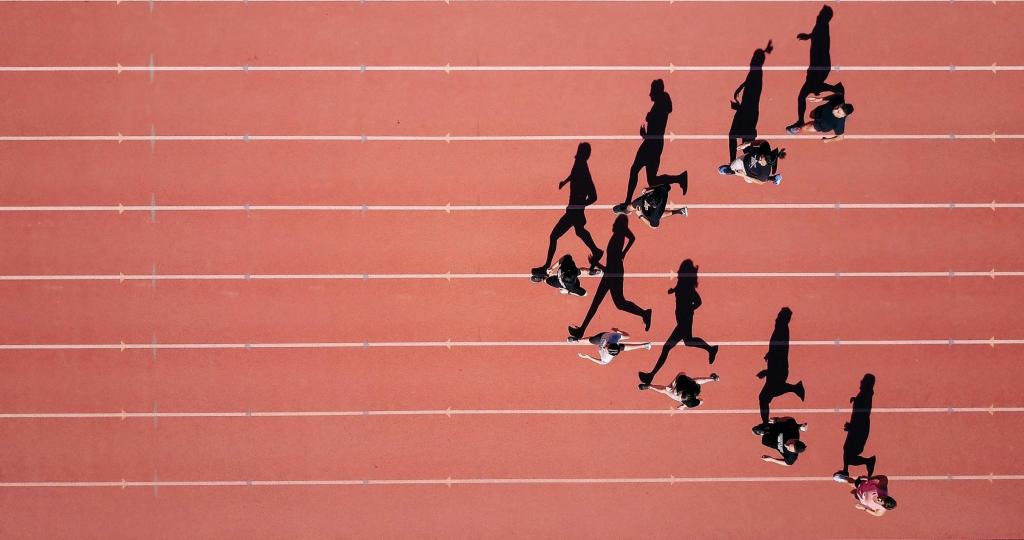If Paying Can Motivate College Athletes to Achieve Better Results
The rise in popularity of college sports has seen the payment of college athletes a topic of hot debate in the society with many asking why should college athletes be paid to play? The world of university sports is in a dilemma on either proceeding with their adopted principle of no pay for young college athletes or developing a new system of paying college players just as professional players earn money via contracts. Though, since the inception of sports at the college level, a no pay policy has always been the norm, but the high level of revenue generation by the governing sports committee has resulted in the general belief that the players who play the game should also share in its success.

There are multiple arguments against sticking to the no pay policy, one of which includes the belief that college players would be better motivated if they were to be paid monetary incentives for their hard work and contribution to the game. Other arguments on the topic if should college athletes be paid are available online in essay formats. Below we take a look at the effects of payments and non-payment on college athletes.
Why College Athletes Should Be Paid
The question do college athletes deserve to be paid? Is a common one in the world of college sports. Below are a few reasons why athletes should be paid.
Financial Difficulties
The cost of getting a degree coupled with the cost of living, most times puts a financial strain on the athlete's finances. Due to their commitments with sports, the possibilities of getting a job to help with their financial burden is next to zero. As they are unable to juggle their studies, completing assigned sample essays, practice hours and working hours altogether. Providing a means of payments to college players will, therefore, provide a reprieve for players with financial problems.
The Level Of Inequality Amongst Athletes
Currently, they are provisions of athletic scholarships for extraordinary college athletes, but this presents a feeling of inequality among players of lesser successful college sports, for example, sports such as lacrosse and ice hockey, or players with lower skill levels. As only about 2% of athletes benefit from the gesture of athletic scholarship, which means over 95% are left out. A huge chunk of the 2% of players on scholarship also comes from popular sports such as soccer and basketball.
The Pains Of The Game
It is a well-known fact that not every college player gets to play professional sports after graduation. The current policy of no pay is bordered on the premise that young players will reap monetary benefits after turning pro in the future. The thought of not becoming a pro after graduating from school and having put in much work and effort without pay can be quite disheartening. Players are therefore less likely to take sports seriously due to their offer of an uncertain future and no present gain.
It's commonplace to see players lose their zeal and look into other opportunities or endeavors that offer present gains and a more secure future. Offering players payments would ensure they stay committed to the game. As despite not being able to go pro, the payments received during their college years offer some form of consolidation for their hard work.
How Can College Athletes Be Paid
There are thousands of college athletes across various colleges in the country, generating enough funds to pay them may seem to be a problem on the surface. Though a careful analysis of funds generated from sports proves, this might not be a problem. Colleges make thousands of dollars from the sales of player merchandise, endorsement and gate receipts.
Though the use of contracts isn't suitable as most college players tend to be minors, a viable system can still be adapted to facilitate payments to players. Team payments can be adopted, where players receive payments based on the general team performance. Another means of providing players with payments is by allocating a percentage of net profits to athletes. This way, every college player gets a share of the success of the game they love so much.
How Paying Can Lead To A Highly Motivated Athlete
Generally, as humans, the incentive of gaining more for doing more work is quite appealing, which is why most business offer employees incentives in the form of money or kind to motivate and increase workers productivity. The same principle applies to college athletes, despite the fact that they play for passion, offering these young players a chance at earning payments for a game they adore would see increased interest on the part of athletes.
Athletes who suffer from financial difficulties would put in their best efforts to ensure their earn payments. Rather than spending time trying to find a way to generate income, they have more time to develop themselves both as athletes and students.
Situations arise when playing for the passion is no longer enough to motivate an individual to perform at their best. The incentive of getting paid will motivate a young player into not only delivering his possible best always but also stay committed to developing his or her skills. Therefore providing a strong foundation, why should college athletes be paid to play.
